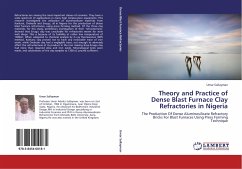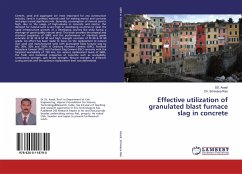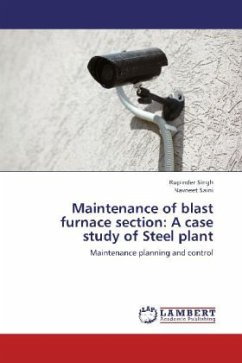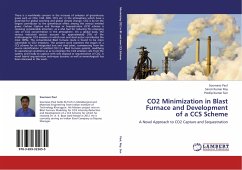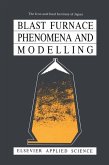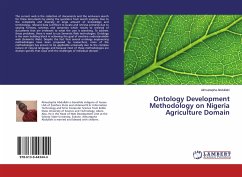Refractories are among the most important classes of ceramics. They have a wide spectrum of applications in many high temperature equipment. This research investigated the utilization of aluminosilicate materials from Kankara, Onibode and Enugu, all in Nigeria for the production of dense blast furnace refractories, using press forming method. Of the three clay materials, for this study, preliminary investigation of their refractoriness showed that Enugu clay was unsuitable for refractories meant for steel melt shops. This is because of its fusibility at rather low temperature of 1300oC. When subjected to chemical analysis by X ray Fluorescence (XRF) method, Kankara clay proved not to have any noticeable trace of iron oxide, while Onibode clay had a negligible trace, not enough to adversely affect the refractoriness of its product in the iron making shop.Enugu clay had more than required silica and iron oxide. Mineralogical tests were made, and calcinations of the clay samples to 1300 oC proved sufficient.
Bitte wählen Sie Ihr Anliegen aus.
Rechnungen
Retourenschein anfordern
Bestellstatus
Storno

